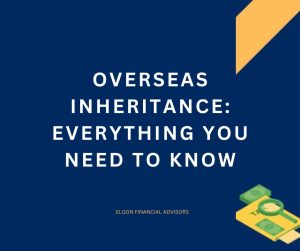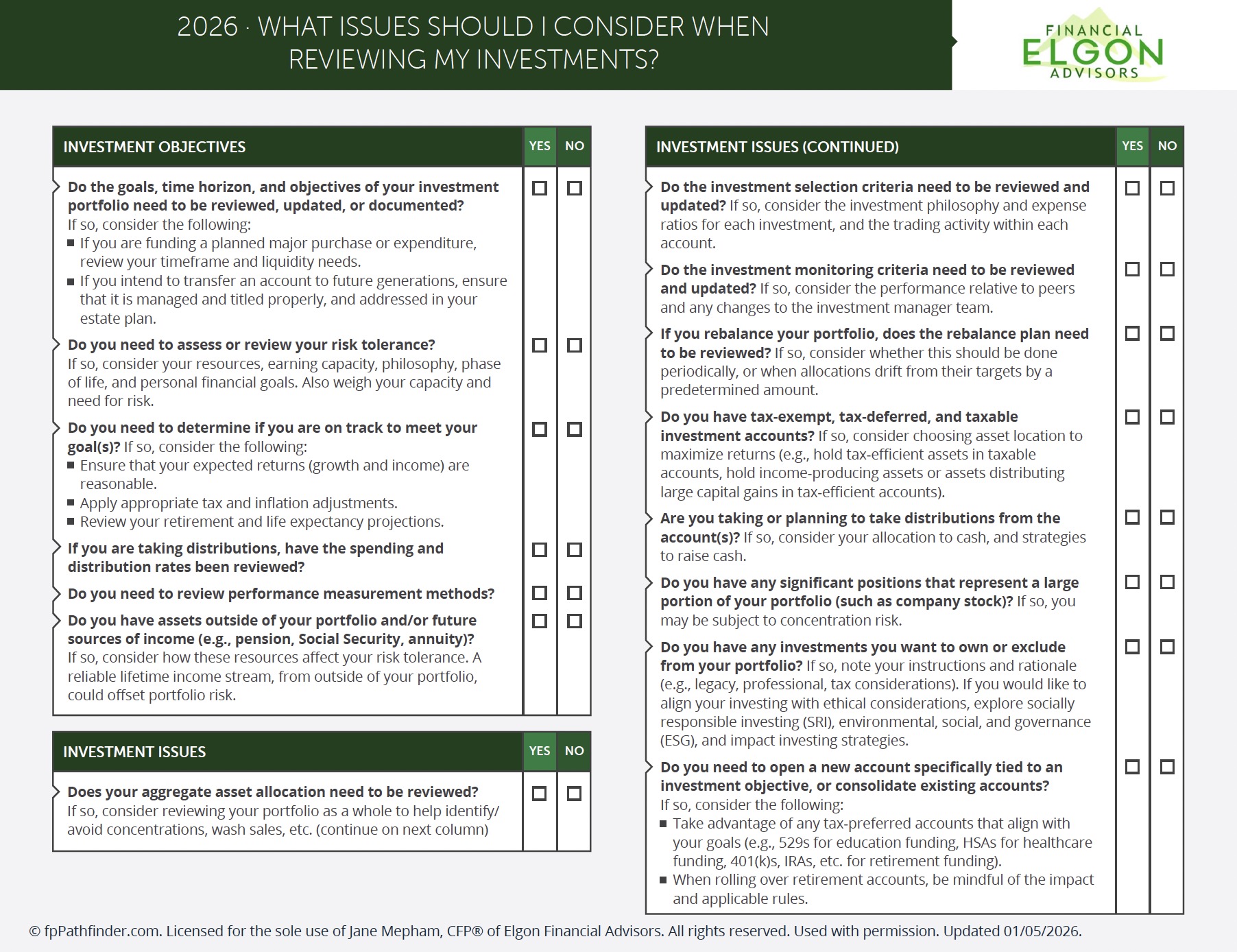Updated 6/30/2025
In this post, I’ll provide my review of the “Millionaire Next Door” book, by Stanley Thomas, Ph.D., and William Danko, Ph.D.
I’ll also discuss seven wealth-building secrets that I learned from the book and how they helped me gain a deeper understanding of personal finance.
Photo by Jess Bailey on Unsplash
Growing up, I secretly harbored a dream to be a millionaire one day. There was something magical about that number.
When I got my first job after college, I quickly came to the realization that I didn’t know a lot about personal finance.
This was going to be an issue in my pursuit of the millionaire club membership.
I started reading everything on the subject that I could lay my hands on. My goal was twofold.
First, understand how the American financial system operates.
Second, pick up some practical steps that I could implement in my life that would allow me to start down the millionaire path.
My curiosity, bordering on obsession at that point, was to figure out how ordinary Americans lived, how they managed their money, and how they could afford to buy the assets they owned and apply them to my life.
Introducing The “Millionaire Next Door”
I tell the story above to help explain, why I was so blown away by one of the first books that I read at this point.
This was the “Millionaire Next Door” by Thomas Stanley, PH.D. and William Danko, Ph.D. written in 1996.
To this day it is still one of my all-time favorite books, and one that I highly recommend to anyone looking to understand personal finance.
The two Ph.Ds. wanted to find out how people become wealthy.
Reading the book, felt like I was finally getting a front-row seat in a movie that provided the blueprint of how to live your life if you wanted to be a millionaire.
In my quest to understand the American financial landscape, I felt like this book held the keys to the kingdom.
Reality Versus Perception
I finally began to grasp the reality of those around me in terms of their wealth.
The guy driving the fanciest car was not necessarily the richest guy on the street.
The LA celebrity was not the millionaire that I thought they were.
My next-door neighbor, who owned a couple of convenience stores and drove a 5-year-old, older model car, was probably a millionaire or was well on his way.
I love numbers, and having the actual research included in the book made it more real for me.
The authors do not provide a lot of investment-related information, but they provide something far more valuable.
They provide insight into how the majority of millionaires think and make life decisions that ultimately determine how much wealth they accumulate.
To this day, I still get new insights every time I read the book.
So, to round out Financial Literacy Month, here are my top lessons from “The Millionaire Next Door.” Anybody can apply these lessons to their lives.
Lesson 1: Spend Less Than You Earn
Many people find it challenging to resist unnecessary purchases. A part of this is driven by the desire to buy status objects or the desire to lead a certain lifestyle.
Choosing to live in a status-conscious neighborhood leads to a need to acquire status objects to keep up with the Joneses continually.
This is what has led to very high levels of consumer debt. It’s almost impossible to accumulate wealth when competing with the need to pay off debt.
That said, “The Millionaire Next Door” helped me understand that in order to be financially stable, it is crucial to spend less than you earn, so that you always have (even a small) surplus of cash.
Lesson 2: Income Does Not Equal Wealth
The assumption we make is that a higher income means more wealth. But that’s the complete opposite of the findings from the book.
Thomas and William came up with a formula to determine if your net worth matches your income.
Multiply your age by your annual household income, and then divide the result by 10. For example, a 40-year-old earning 100k pretax should have a net worth of 40*100000 / 10 = $400,000.
Based on this rule, it’s easy to figure out if you are a Prodigious Accumulator of Wealth (PAWs), or an Under Accumulator of Wealth (UAWs), or an Average Accumulator of Wealth (AAW).
When it comes to income, what really counts is how much of that is spent and how much is invested.
On average, millionaires invest about 20% of their income.
Lesson 3: Learn The Right Investment Strategies
PAWs use investment strategies focused on increasing nontaxable incomes and decreasing taxable income.
At a high level, examples of these are investment vehicles like 401(k) s, IRAs, etc.
They also spend more time dedicated to financial planning and investments.
On average they spend about 83% more time planning their financial futures compared to UAWs. This does not imply that they are day traders, but rather that they are more thoughtful about where they invest and are willing to give that money time to grow.
According to the book, you need to learn the right investment strategies to maintain a healthy financial life.
Lesson 4: Choose The Right Career
This was possibly one of the most interesting lessons from “The Millionaire Next Door.” The professions likely to lead to a UAW type of lifestyle are the ones we think of as being prestigious.
This includes careers like:
Doctors
Physicians
Lawyers
Dentists
They spend a lot of time in school, and in the process, many of them end up accumulating substantial student debt.
When they finally graduate and start working, they tend to want to live a consumption focused lifestyle, since that’s what society expects of them.
They can become accumulators of wealth, but they need to make a very conscious decision to live below their means and focus on PAWs lifestyle habits.
Parents want their kids to have the best education and pursue these types of careers, but it’s crucial to teach them these ideas before they leave home.
Afraid To Talk To Your Kids About Money? My Mom Is Not
3 Money Lessons From My Mother
It’s also important to teach them that their level of education is not correlated to their level of wealth.
Lesson 5: Live Intentionally
When asked the question “Do you know how much your family spends each year on food, clothing and shelter?.”
About two-thirds of the millionaires could answer in the affirmative, while only 35% of high-income earners, low wealth could answer that question.
A similar number of millionaires also had a yes answer when asked the question, “Do you have a clearly defined set of daily, weekly, monthly, annual, and lifetime goals?”
This indicates that this group plans their lives and allocates the necessary resources accordingly. They don’t let life happen to them, and by extension, are not caught up in situations where they are forced to borrow money.
Lesson 6: Carefully Choose The Car You Drive
In America today, cars represent independence and freedom. It’s probably one of the most expensive purchases after the house.
The most important thing that the car does is provide a means of transportation.
But it has become a status symbol, and more money is allocated to this than is needed, in the author’s opinion. I tend to agree with them on this.
According to “The Millionaire Next Door”, UAWs will spend countless hours researching and shopping for a new car. They end up driving the latest model, purchased new, with the latest upgrades and most likely financed.
On the other hand, PAWs rarely drive new luxury cars, and usually have older models, a couple of years old. It’s all about priorities and where you choose to spend your time and resources.
Lesson 7: Watch Out For Generational Wealth Destruction
According to Thomas and Williams, children who grow up in a UAW household are more likely to become UAWs.
There is also a high possibility that they have not been taught about money, budgeting, and investing by their UAWs parents.
There is a tendency for these kids to become very entitled and grow up believing the lifestyle they are accustomed to is their birthright.
They expect to maintain the same lifestyle regardless of their future income.
Once the kids leave home, their parents continue to provide financial assistance, a term referred to as Economic Outpatient Care (EOC).
According to the authors, this is a big contributing factor to passing on the UAW mentality to the kids.
The grown-up kids continue to live lives beyond their means, and their parents continue to help. With every generation, the accumulated wealth continues to decline.
Generational Wealth Destruction And UAWs
An interesting observation that remains highly relevant today.
The first generation in the country tends to work very hard, is very frugal, saves prodigiously, and is the perfect example of PAWs.
They pass on the wealth to their kids mainly in the form of small businesses.
The kids work the business, but sometimes choose to move on to other ventures. They spend more and save less, and start living the lives of the UAW.
The 3rd generation sells whatever is left and continues down the path to UAW land.
The 4th generation completes the Generational Wealth Destruction; they have very little, spend everything they have, and end up completely broke.
Being aware of this means we can start educating and helping our kids understand what’s in store for them if they don’t take these lessons to heart.
Need Help Figuring Out The US Financial Landscape?
Free Financial Assessment
If not ready to start, that’s okay, but please stay on top of our regular updates by email or by joining here. Sign Up Here.

6 Things to Do
When Starting A Job on H-1B Visa
You are starting a new job on a work visa, there are some critical things, that will set up for financial success in the first 3-6 months. Download the free guide below for the detailed list!
We never spam. By signing up you’ll also receive access to future resources right to your inbox.
Disclaimer: This article is provided for general information and illustration purposes only. Nothing contained in the material constitutes tax advice, a recommendation for the purchase or sale of any security, investment advisory services, or legal advice. I encourage you to consult a financial planner, accountant, and/or legal counsel for advice specific to your situation. Reproduction of this material is prohibited without written permission from Jane Mepham and all rights are reserved. Read the full disclaimer here.

Recent Articles

Moving Out Of The US Realistically
The desire to leave the US is strong, the execution and the mechanics are a different story. Leaving the US means, having a destination where you can stay long term legally and be able to support yourself. In this post, we detail practical ways that will allow to move to another country. But the actual move is different post.

Do I Pay Tax On Gifts From Family Overseas?
If I receive gifts from overseas, what taxes am liable for?
What are the tax considerations for receiving gifts from overseas families when you live in the US and you are a tax resident?. Updated extensively with 2026 data.

Overseas Inheritance: Everything You Need To Know
Receiving an inheritance from abroad can get complicated quickly. The



